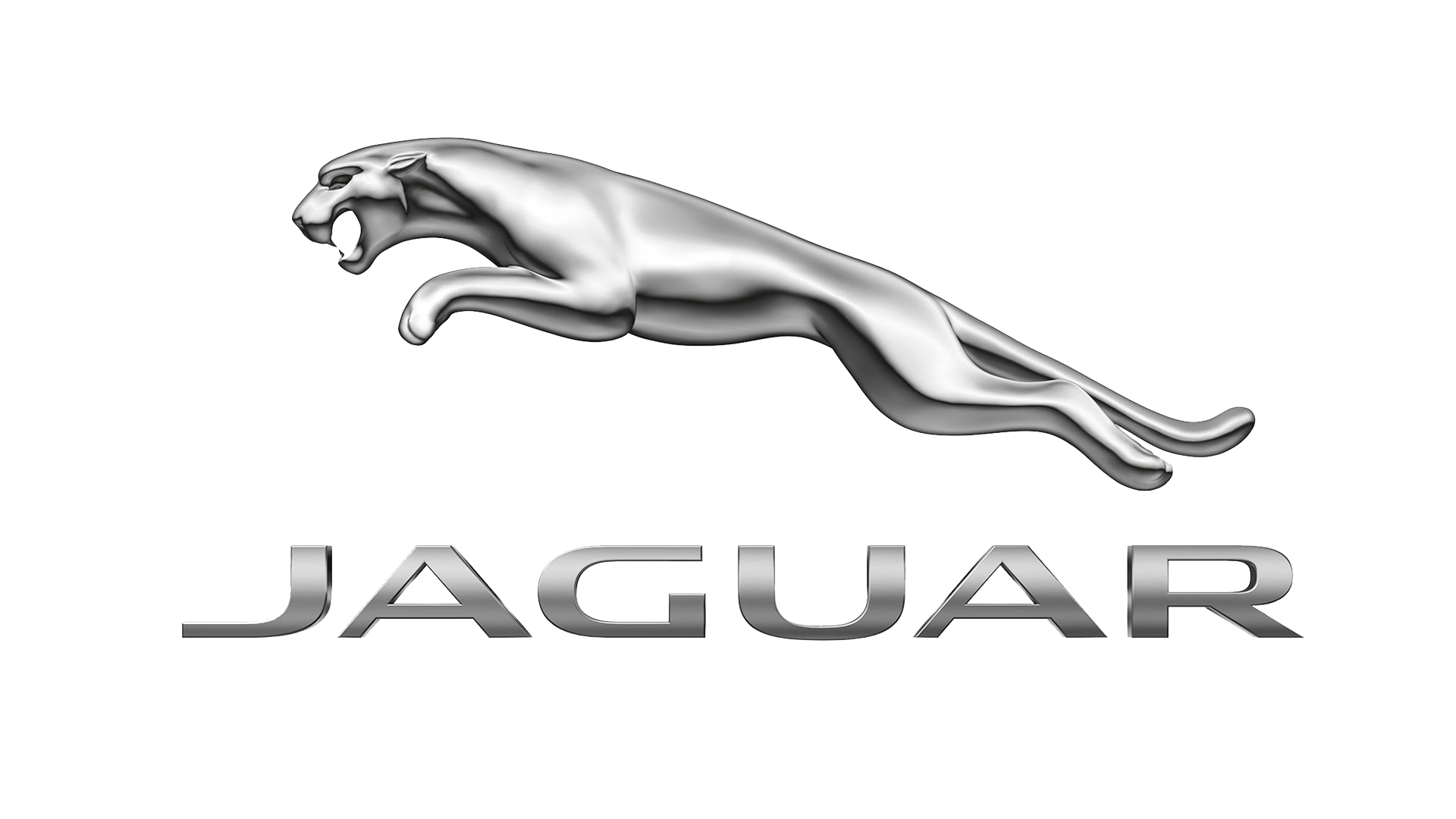2025 Toyota Yaris redefines the compact car segment with its groundbreaking hybrid technology, refined design, and rally inspired performance. As Toyota’s most advanced supermini to date, this model combines eco-friendly engineering with driver-centric features, solidifying its position as a leader in urban mobility. Let’s explore what makes the 2025 Yaris a standout choice for modern drivers.
2025 Toyota Yaris: Hybrid Powertrains and Performance
Dual-Hybrid Strategy: Efficiency Meets Power
2025 Toyota Yaris offers two hybrid configurations tailored to diverse driving needs:
-
Hybrid 115:
-
Power: 115 hp (85 kW)
-
Fuel Economy: 3.3–4.9 L/100km (70–67 MPG)
-
CO2 Emissions: 91–114 g/km
-
Electric-Only Range: Up to 2 km at 40 km/h16
-
Hybrid 130:
-
Power: 130 hp (96 kW)
-
0–100 km/h: 9.2 seconds
-
Fuel Economy: 3.8 L/100km (67 MPG)
Both variants use a 1.5-liter three-cylinder engine paired with lithium-ion batteries, enabling seamless transitions between electric and petrol modes. The updated CVT transmission reduces drivetrain noise, while torque vectoring enhances cornering stability.
Performance Comparison Table
|
Model |
Power |
0–100 km/h |
Fuel Economy (L/100km) |
|
Hybrid 115 |
115 hp |
9.8s |
3.3–4.9 |
|
Hybrid 130 |
130 hp |
9.2s |
3.8 |
|
GR Yaris |
280 hp |
5.0s |
8.2 |
GR Yaris: Rally-Bred Thrills
The Toyota GR Yaris 2025 caters to enthusiasts with its 1.6-liter turbocharged three-cylinder engine, now producing 280 hp and 390 Nm of torque. Key upgrades include:
-
8-speed automatic transmission (optional)
-
GR-FOUR AWD system with customizable torque distribution
-
Rally-tuned suspension and Brembo brakes
Despite its performance focus, the GR Yaris retains practicality with a 174-liter boot, though rear-seat space remains limited.
2025 Toyota Yaris Design: Aerodynamics Meets Modernity
Exterior Innovations
-
Aerodynamic Enhancements: A 0.29 Cd drag coefficient, achieved through underbody panels and a rear spoiler.
-
Stylish Options: New Forest Green and Storm Grey bi-tone paint schemes, plus 18-inch alloy wheels on GR Sport trims.
-
Lighting: Standard LED headlights with adaptive high beams improve visibility by 20% compared to previous models.
Interior Upgrades
-
Tech Suite: 10.5-inch touchscreen and 12.3-inch digital cluster (premium trims), with wireless Apple CarPlay/Android Auto.
-
Material Quality: GR Sport variants feature synthetic suede upholstery, while base models use durable, scratch-resistant plastics.
-
Storage: 500 ml door pockets, 4.2-liter glovebox, and 60:40 split-folding rear seats.
Interior Dimensions vs Competitors
|
Model |
Rear Legroom (mm) |
Boot Space (L) |
|
2025 Toyota Yaris |
650–815 |
270 |
|
Honda Jazz |
720 |
304 |
|
Renault Clio |
685 |
391 |
2025 Toyota Yaris Safety: Cutting-Edge Protection
Toyota Safety Sense 3.0
Standard across all trims, this suite includes:
-
Pre-Collision System (PCS): Detects pedestrians, cyclists, and vehicles.
-
Proactive Driving Assist (PDA): Adjusts speed before curves and during lane changes.
-
Emergency Driving Stop System (EDSS): Halts the car if the driver is unresponsive.
The Yaris earned a 5-star ANCAP rating, with 95% adult occupant protection and eight airbags, including a center-mounted unit to prevent passenger collisions.
Parking and Connectivity
-
Panoramic View Monitor: 360-degree camera system.
-
Smart Digital Key: Unlock/start via smartphone (MyToyota app).
2025 Toyota Yaris Market Position and Pricing
Global Pricing Strategy
|
Region |
Starting Price (USD) |
Top Trim (GR Yaris) |
|
Australia |
$25,880 |
$67,342 |
|
Europe |
€24,500 |
€45,000 |
|
Thailand |
฿559,000 |
฿694,000 |
Ownership Costs
-
Warranty: 5 years/unlimited km.
-
Capped-Price Servicing: $240 per visit, every 15,000 km.
-
Resale Value: 52% retention after 3 years.
Competitor Fuel Economy Comparison
|
Model |
Fuel Economy (L/100km) |
CO2 Emissions (g/km) |
|
2025 Toyota Yaris |
3.3–4.9 |
91–114 |
|
Renault Clio E-Tech |
4.4–5.1 |
99–116 |
|
Honda Jazz Hybrid |
4.5–5.4 |
102–123 |
Historical Evolution of the Toyota Yaris
Generational Timeline
-
1999–2005 (XP10): Launched as an affordable compact with a 1.0L engine.
-
2012: Introduced hybrid technology, pioneering electrification in the segment.
-
2020: Transitioned to TNGA-B platform and lithium-ion batteries.
-
2025: Enhanced hybrid powertrains and GR Yaris performance upgrades.
GR Yaris: From Concept to Icon
Debuting in 2020, the GR Yaris shattered expectations with rally-inspired AWD and a turbocharged engine. The 2025 model’s 280 hp output and automatic transmission option cater to track enthusiasts.
Challenges and Criticisms
Practicality Limitations
-
Rear Space: 650 mm legroom trails the Kia Rio (720 mm).
-
Boot Capacity: 270 liters vs. Renault Clio’s 391 liters.
Noise and Refinement
Road noise at highway speeds remains a drawback, particularly in hybrid models.
Future of the 2025 Toyota Yaris
Toyota aims to expand the Yaris’s electric-only range and integrate AI-driven safety features by 2026. With rivals like the Peugeot 208 advancing in tech, continuous innovation will be key to maintaining dominance.
Conclusion: Why the 2025 Toyota Yaris Stands Out
2025 Toyota Yaris masterfully balances efficiency, safety, and driving engagement. Urban commuters will appreciate the Hybrid 130’s responsive performance, while the GR Yaris offers unparalleled thrills for enthusiasts. Though rear-seat space and road noise are areas for improvement, its hybrid-first approach and robust warranty make it a future-proof choice in the compact segment.





























